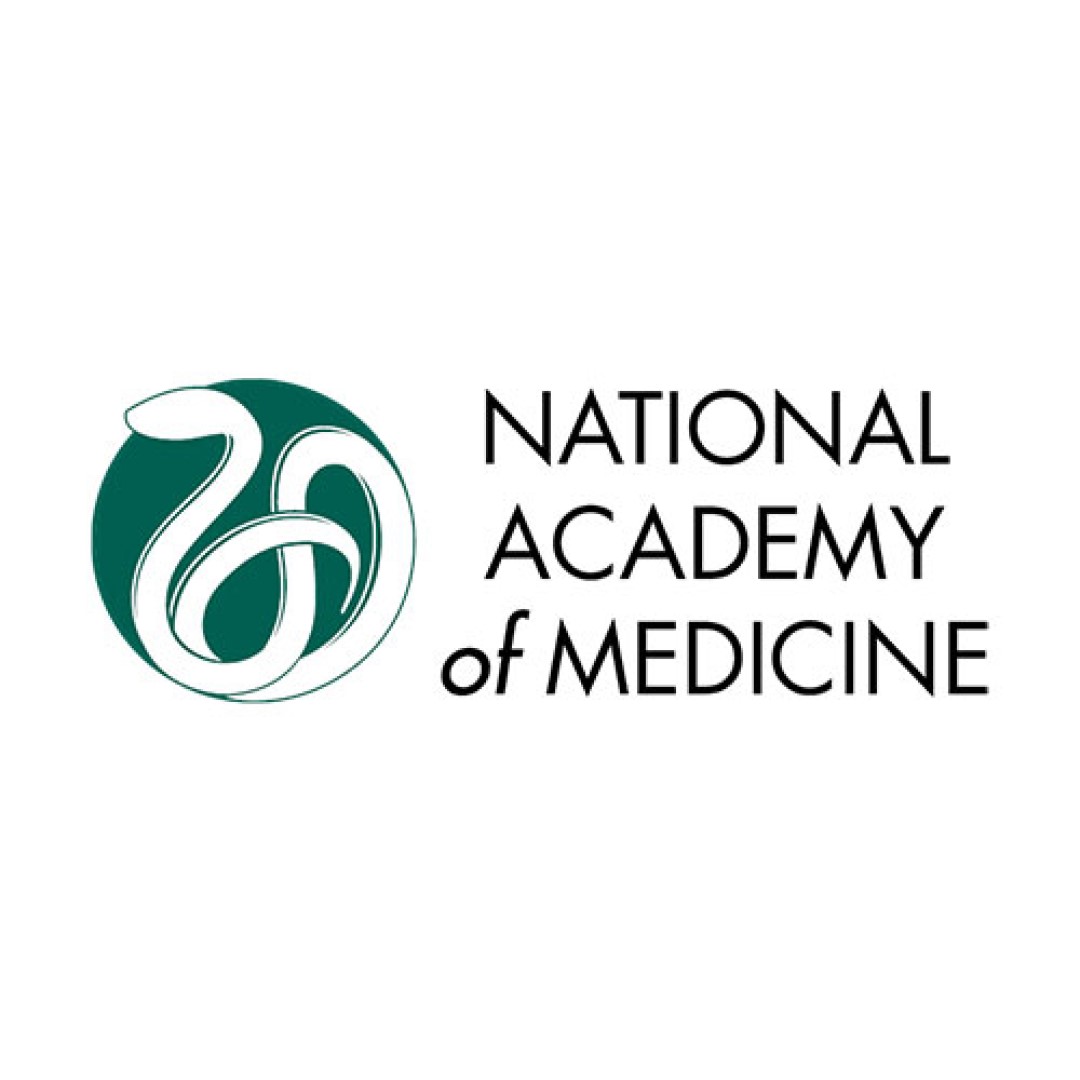
Strengthening the U.S. Biomedical Research Enterprise Entails National Strategic Coordination, Focus on Health Equity
On Oct. 1, 2024, the National Academy of Medicine (NAM) announced a study showing that although the U.S. is the global leader in biomedical and health research, the research enterprise is currently not achieving all it could be, due to a lack of high-level national coordination and structural issues including a lagging workforce and fragmented funding. These issues, compounded by existing health inequities and rising complex health concerns, threaten the nation’s global leadership and the health of the U.S. population.
The biomedical research enterprise involves many actors with varying agendas that often result in a fragmented approach to prioritization and funding. The publication suggests that there is a need for a long-lasting advisory body to be created by the president and Congress that could have representation from all sectors to galvanize national leadership, develop a national strategic vision, and coordinate efforts and resources.
While the U.S. currently spends more than any other country on research and development, peer nations are increasingly dedicating a higher percentage of their GDPs to growing their own biomedical research efforts. The authors proposed federal requirement and facilitation of necessary coordination across government agencies, as well as with external parties, to enable the use of convergence science, coordinate funding and strategy, and promote information sharing.
Tags:
Source: National Academy of Medicine
Credit:
